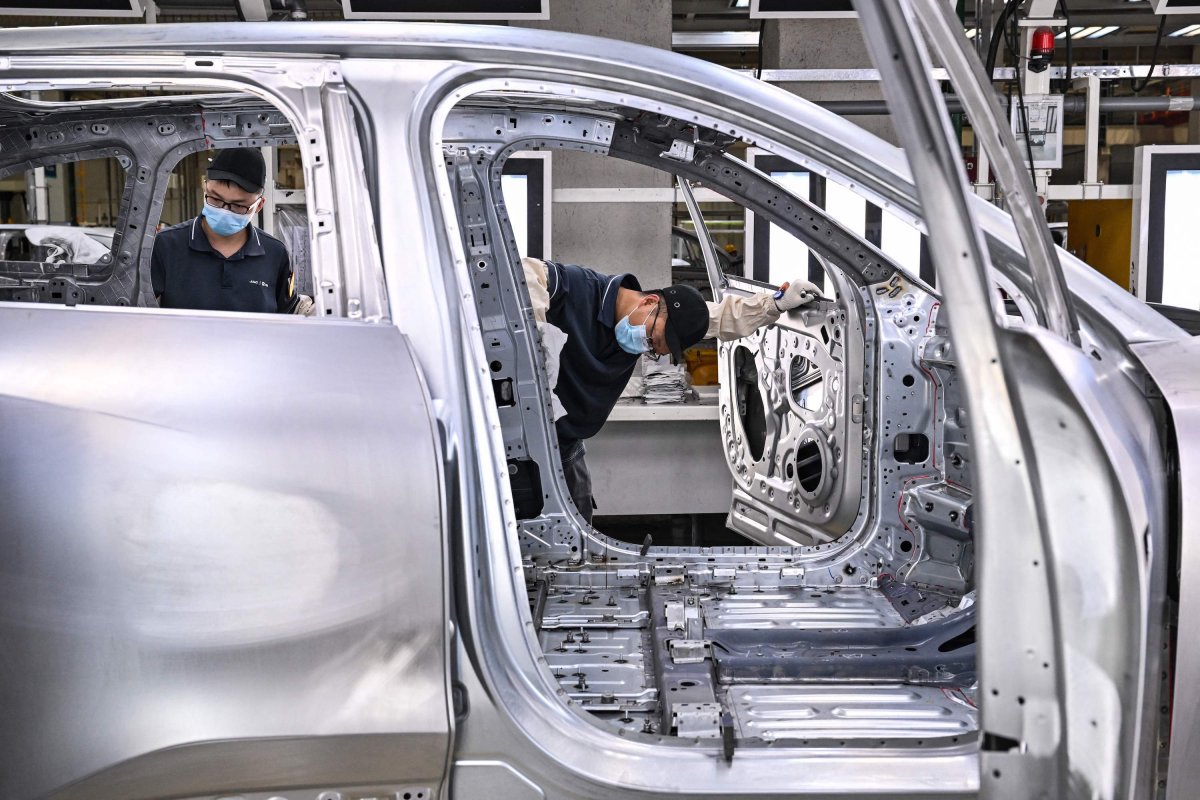The European Union's executive body initiated a much-needed investigation into car manufacturers that produce battery-powered vehicles in China last month. Specifically, the European Commission is examining whether China is subsidizing electric vehicles (EVs) to an unfair degree that will put Europe-based manufacturers out of business. Europe needs American support and encouragement for this investigation to lead to real repercussions. China, of course, has already condemned the investigation and will seek to divide Europe.
The stakes are significant on both sides of the Atlantic. There are few topics on which American politicians across the political spectrum agree—one is that China is using a combination of cheap manufacturing, subsidies, and intellectual property theft to dominate the future of EV manufacturing. This strategy is aimed at destroying competitors in the United States, Europe, and Japan as China has previously done in other sectors such as solar panels. For years, the FBI has specifically warned that the Chinese government and commercial organizations are intent on stealing Western EV technology.
Undermining U.S. and European car manufacturing and the many well-paying jobs this industry provides is part of Beijing's economic plan. Indeed, China will become more aggressive as it faces a deepening domestic real estate crisis and unemployment numbers so unprecedented the government stopped publishing the data. Thus, China is returning to its playbook of unfairly competing in the hot EV market to create jobs and dominate an important market sector.
The Chinese threat to European and American EV manufacturers is not theoretical or remote. In 2021, China surpassed South Korea in car exports. It overtook Germany last year. Moody's Analytics projects that China will surpass Japan this year to become the world's largest auto exporter.

Now, China is moving to the next stage of its plan by rapidly flooding European markets with cheaper electric vehicles. China's EVs are less expensive because its manufacturers are not bound by Western environmental or worker standards. China also benefits from an artificially depressed currency that makes its exports more attractive to buyers with Euros and dollars. Chinese exporters are now targeting the higher-end luxury vehicle market that has traditionally been a European stronghold.
China is even manufacturing some of its EVs in Europe so it can dump those cars into the U.S. market, thus circumventing heftier American tariffs on Chinese-manufactured vehicles.
As noted above, Europe has taken steps to address this issue. The French government pushed Germany to let the European Commission initiate a subsidy investigation, which could lead to tariffs that would level the playing field. Unfortunately, Germany still downplays the problem, as it sees China as the solution to its own export-dependent economy. Germany should recognize that after two decades of China being a member of the World Trade Organization, it has not become the consumer of Western goods that Europe hoped it would be. If Chinese consumers want a product, China will eventually make it domestically, as it does with EVs.
U.S. political and corporate leaders have awakened to the economic threat posed by China. It is time for our European partners to do the same and take strong steps to protect their economies. Tough EU action on Chinese EV exports, after a thorough investigation, would be a good place for our European partners to start.
Robert O'Brien served as U.S. national security advisor from 2019 to 2021. John Ratcliffe served as U.S. director of national intelligence from 2020 to 2021.
The views expressed in this article are the writers' own.
Uncommon Knowledge
Newsweek is committed to challenging conventional wisdom and finding connections in the search for common ground.
Newsweek is committed to challenging conventional wisdom and finding connections in the search for common ground.
About the writer
To read how Newsweek uses AI as a newsroom tool, Click here.






